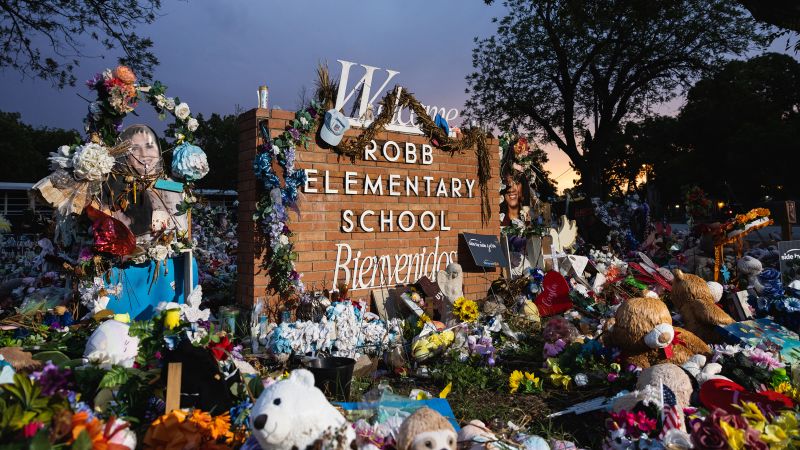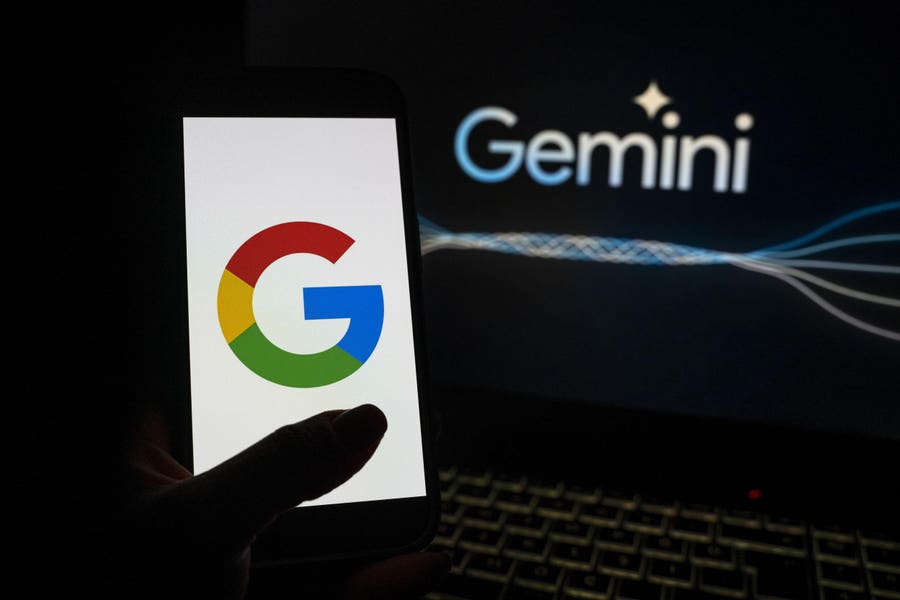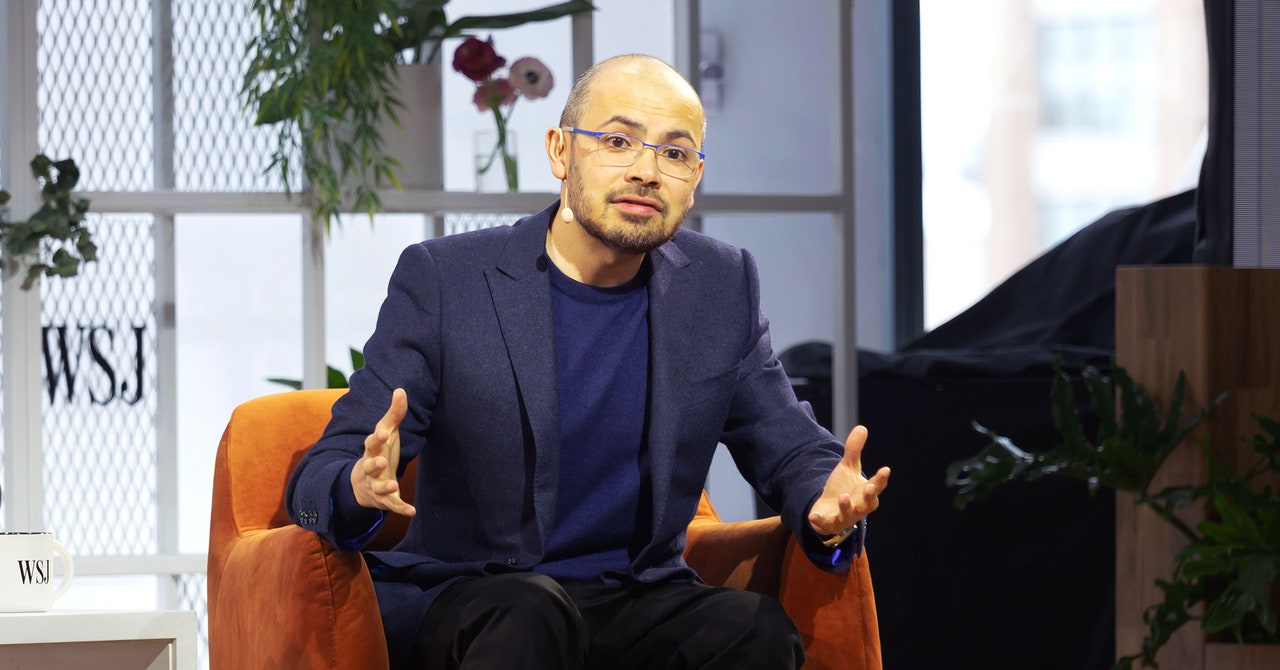CNN
—
On the anniversary of Joaquin Oliver’s tragic passing, his mother’s cellphone plays his voice outside lawmakers’ offices in Congress. The 17-year-old, a Marjory Stoneman Douglas High School student, delivers a moving message.
“I was a senior at Parkland six years ago. On Valentine’s Day that year, many students and teachers became victims of a senseless act of violence involving an AR-15 assault rifle,” the voice mourns. “Despite the passage of time, no significant actions have been taken to prevent similar tragedies.”
“I lost my life that day in Parkland,” the voice continues. “My existence was abruptly ended by a weapon designed for warfare. Today, I speak to you through AI, my voice echoing once again.”

This audio recording is part of a new initiative by March For Our Lives and Change the Ref, featuring AI-generated voice messages from six young individuals lost to gun violence. Manuel Oliver, the founder of Change the Ref, established the advocacy group following the 2018 Florida shooting in memory of his son.
Expressing frustration with the lack of progress in addressing gun violence, Manuel Oliver states, “For the past six years, my wife and I have tirelessly advocated for change. Despite our efforts, the impact has been limited.” He stresses the importance of amplifying the voices of their loved ones, like Joaquin, to emphasize the urgent need for legislative action.
A Father’s Emotional Connection to His Son’s Voice
The campaign’s online platform, The Shotline, allows individuals to hear these impactful voice messages, enter their zip codes, and directly reach out to members of Congress.
Coinciding with the campaign launch was a tragic incident at a Super Bowl celebration in Kansas City, where a mass shooting resulted in casualties, highlighting the persistent threat of gun violence in the United States. This year alone has seen 50 mass shootings, according to the Gun Violence Archive.
One of the voices featured in the campaign is that of Uzi Garcia, a 10-year-old who tragically passed away in May 2022. In his poignant message, Uzi’s AI-generated voice recalls his love for video games, humor, and family moments, underscoring the innocence stolen by gun violence.
Brett Cross, Uzi’s father, carefully selected audio clips from old videos to capture his son’s voice authentically. Collaborating with the campaign’s technical team, he ensured the rendition matched Uzi’s pitch and tone, a process that brought both comfort and sorrow.
Reflecting on the campaign’s approach, Cross acknowledges the criticism surrounding the use of deceased children’s voices for advocacy. Despite facing backlash on social media questioning the ethics of this strategy, Cross remains steadfast in his mission to prompt policymakers into meaningful action.

He shares, “While hearing my son’s voice posthumously may unsettle some, our daily reality is far more agonizing.” The lasting impact of gun violence is a perpetual anguish for families like his.
Addressing Legal and Ethical Aspects of AI-Generated Voices
Since its inception, The Shotline campaign has generated over 54,000 voice calls to lawmakers, utilizing AI-generated voices to stress the need for legislative reform.
The campaign showcases stories of other victims, including Ethan Song, Akilah Dasilva, Mike Baughan, and Jaycee Webster, symbolizing lives cut short by gun violence. Manuel Oliver reveals that many parents have contributed their children’s voices to the campaign, signifying a collective dedication to driving change.
As AI technology advances to recreate voices with remarkable precision, concerns about potential misuse and ethical implications emerge. While the FCC allows political prerecorded voice calls to landlines, recent regulations prohibit AI-generated voices for deceptive purposes.
Recognizing the ethical complexity of employing AI-generated voices in advocacy, experts stress the importance of transparency and consent in such endeavors. The meticulous process of replicating voices aims to maintain authenticity and honor the families’ wishes.
Manuel Oliver acknowledges the discomfort associated with using AI-generated voices but highlights the need to evoke discomfort to spur action on gun control. He challenges critics, stating that the discomfort of hearing these voices is minor compared to the enduring pain of losing a child to gun violence.

By blending technology with empathy and urgency, the campaign aims to bridge the gap between personal tragedy and legislative change. Manuel Oliver’s unwavering commitment to honoring his son’s memory and advocating for a safer future exemplifies the resilience of grieving parents turned activists.
In a society grappling with gun violence, the voices of the departed echo, urging policymakers to heed their plea for decisive action. While the debate on the ethical boundaries of AI-generated voices persists, the core message remains clear: the time for change is now, and the price of inaction is counted in lives lost and voices silenced.










